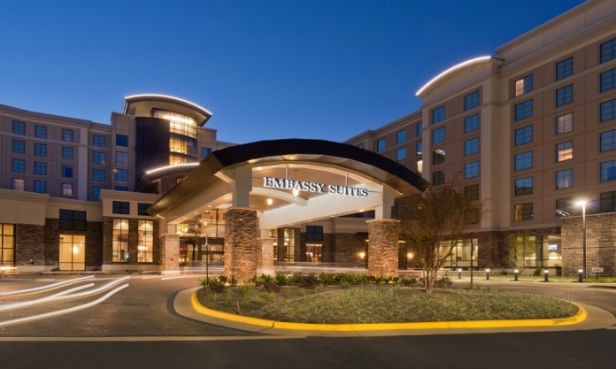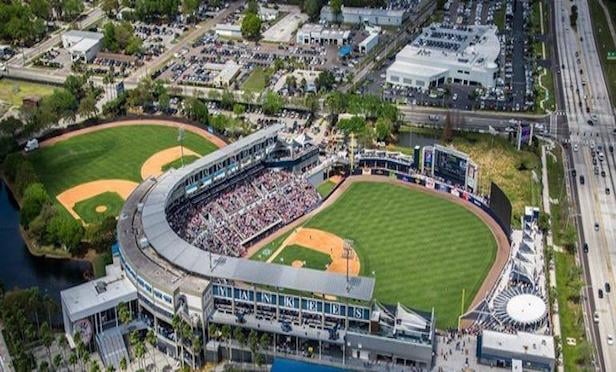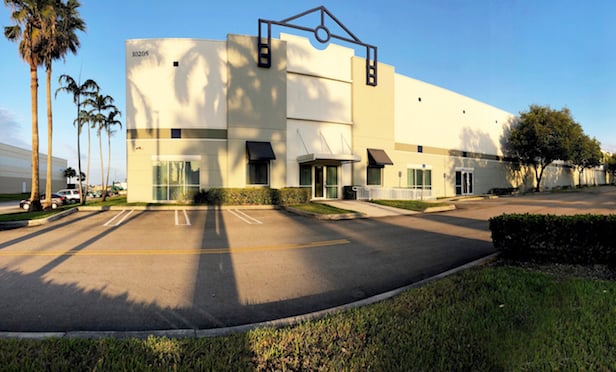Respondents to last week's Quick Poll regarding brownfield redevelopment incentives, now under consideration by the Florida Legislature, unanimously expressed that the process is still too expensive. Michael Goldstein, an environmental attorney for Akerman Senterfitt in Miami, is a brownfield activist and a founder and past president of Florida's Brownfields Association. He recently established the Goldstein Brownfields Foundation, which aims to encourage legislators to adopt enhancements to Florida's brownfield program. Here are his thoughts:
"The redevelopment of brownfields in the state of Florida remains too expensive. It was that way before the passage of the Florida Brownfield Redevelopment Act passed in 1997 and has remained that way. It will continue to be much too expensive and risky even if the proposed legislation passes because it doesn't go far enough.
"What's proposed is good and important, but it's not meaningful enough. The fundamental fatal flaw is that it doesn't provide nearly enough money. We have one of the most anemic cleanup support programs in the country from a financial perspective.Currently the annual cap on tax credits awarded by the state for clean up is $2 million and the Florida Department of Environmental Protection has never supported increasing that cap. The legislators who have championed the brownfield legislation have never supported increasing the cap. That cap is simply a drop in the ocean. We could spend that much on a single site and not even get through the cleanup.
"In fact, this year for the first time ever, the amount of tax credits applied for and approved in this fiscal year far exceeded the total amount allocated by the state by a large number. Folks who are counting on the tax credits this year won't get them until next year.
"Money is the life blood of brownfield development. These projects are so costly, so upside down and have such economic trauma that there's simply not enough money in the private sector to successfully clean up and redevelop them. A real public subsidy is required and we don't have that in the state. We never have and it's not on anyone's radar screen. That needs to change.
"We need legislation in the future that provides for a $10-million annual allocation of tax credits. We also need a significant annual allocation by the state, $20 million for the next ten years, in grants not only for brownfield cleanup but for infrastructure, demolition and to facilitate community outreach.
"In addition, the protection that's afforded under the current statute is not as broad as it should be because it doesn't cover potential third-party lawsuits for adjacent sites. I've taken the position that the liability protection should be expanded to include defense against any lawsuit for property damage, provided that the brownfield developer agrees to clean up the contamination regardless of where it has gone."
© 2025 ALM Global, LLC, All Rights Reserved. Request academic re-use from www.copyright.com. All other uses, submit a request to [email protected]. For more information visit Asset & Logo Licensing.







